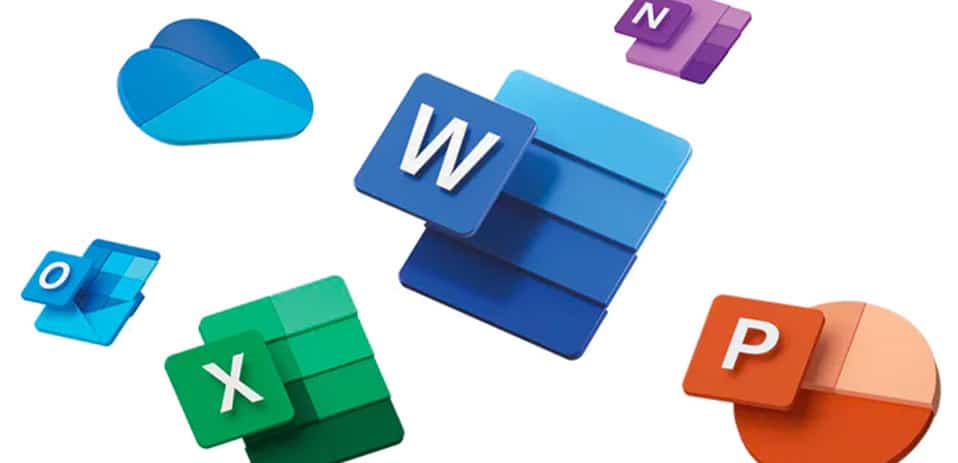Cyber security is critical to safeguarding your business. Data breaches, ransomware attacks, and other cyber security threats are constantly evolving and small businesses are not immune.
As cyber security is the protection of internet-connected systems such as hardware, software and data, ICT procurement is a critical aspect that demands careful consideration. In this article, we’ll explore how to make cyber-security a top priority in your procurement process to safeguard your small business against unseen threats.
This involves setting clear vendor selection criteria, conducting thorough security assessments, and incorporating cyber-security clauses into contracts.
IT Vendor Assessment and Selection
The first part of your strategy must address your process for evaluating and choosing your hardware and software providers. A savvy business owner can follow some best practices like the ones described below.
Do Your Research
An IT vendor’s security posture directly impacts yours. Read about their products and their investment in cyber security. Have a look at how current clients are satisfied with their solutions. You can also check-up their track record when it comes to cyber attacks.
Also, review their compliance with regulations and industry standards that signal commitment to robust practices.
Ask Questions that Matter
A vendor’s security is your security. When looking to buy new equipment, ask yourself:
- How quickly do they deploy security patches?
- Do they conduct regular vulnerability assessments?
- What’s their incident response plan for a data breach?
These answers can reveal much about a vendor’s resilience. Remember, vendor selection isn’t an ordinary transaction. It’s a strategic alliance that could likely lead to further interaction. So, choose wisely.
Partnering with a specialist in ICT procurement services will ensure that your hardware and software are configured, installed and tested so that they are secure and compatible with your existing IT infrastructure.
Review Their Software Development Lifecycle
When evaluating potential vendors for software procurement, it’s crucial to assess their software development lifecycle (SDLC) practices. The SDLC refers to the process followed by vendors to design, develop, test, deploy, and maintain software solutions. A robust SDLC ensures that software is developed securely and efficiently, reducing the likelihood of vulnerabilities and defects.
Generate an IT Vendor Scorecard
You can develop your own scorecard by assigning points to vendors depending on their cyber posture. Put more weight into critical factors such as encryption protocols, vulnerability management, incident response speed, and data protection.
Establishing a Cyber-Secure Procurement Strategy
The Australian Cyber Security Centre (ACSC) reported that 73% of Australian businesses already have a cyber security strategy in place. But that does not mean they all have included ICT procurement.
Include Cyber-Security Clauses in IT Procurement Contracts
We recommend that you include cyber-security clauses to your ICT procurement contracts. Such clauses will not only make sure that your vendors meet certain security standards, but it will also help to protect your business. Here are some key elements you can include:
- Scope of Protection: Clearly define “sensitive data”. Does that include customer information, financial data, or proprietary business information?
- Security Measures: The vendor should agree to implement strong security measures to protect your data, such as firewalls, encryption, and regular security audits.
- Business Continuity: This can include notifying you of the breach, assisting with getting back-up and running in no time, and bearing the cost of any remediation.
- Compliance: Ensure the vendor agrees to comply with all relevant Australian laws and regulations.
- Termination Rights: If the vendor fails to meet their cyber security obligations, you should have the right to terminate the contract without penalty.
- Liability: Clearly state who should be liable in the event of a security breach. In most cases, the vendor should accept liability for breaches caused by their negligence or failure to comply with the contract.
Ensure Vendors’ Business Continuity Plan
Integrating business continuity and disaster recovery considerations into IT procurement processes is essential for ensuring the resilience and continuity of critical IT operations. By selecting vendors that have a robust BCDR strategy, organisations can enhance their ability to recover from any disruption to their hardware and software, and maintain operational continuity in the face of unforeseen events.
Monitoring and Compliance
You must ensure that IT suppliers are continually adhering to the cyber-security standards outlined in their contracts.
Set Up a Vendor Monitoring System
This could be as simple as regular check-ins with your vendors to discuss updates or issues. You might also consider using a third-party service specialising in vendor risk management. They can provide ongoing monitoring and alert you to any potential risks.
Strategies for Ensuring Vendor Compliance
To ensure your vendors are sticking to their cyber-security agreements, clear communication is key.
- Don’t be shy to follow-up about your expectations as outlined in the contract.
- You should meet with your vendors regularly to keep the lines of communication open.
- Consider including penalties in your contracts for non-compliance.
Regular Audits of Vendor Security Practices
Timely audits and assessments are not about catching them out but working together to make sure your data is safe. These are a great way to ensure your vendors are maintaining good cyber-security practices. They could involve reviewing their security policies, checking for updates and patches, and conducting penetration testing or vulnerability assessments.
Procurement Services: Focus on Cyber Security
Cyber-security is not a question of if an incident will occur, but when. So, you must stay prepared and keep your business safe and that goes through prioritising cyber-security in software and hardware procurement. Small businesses need to protect their sensitive data, maintain business continuity, and safeguard their reputation.
There are many tools and best practices you should follow to secure your procurement process. For instance, by implementing MFA for accessing critical procurement systems, such as vendor portals or purchasing platforms, you can prevent unauthorised access and reduce the risk of credential theft or account compromise.
However, it all starts with sourcing products from reputable and trusted vendors. At Inspired IT we partner with some of the best suppliers and system manufacturers such as HP, Microsoft, Lenovo, Dell, and Fortinet.
As you can see there are a lot of considerations to think about when buying your next computers or software, so why not leave it to the expert?
We are a Managed IT and cyber security company based in Perth, and sourcing, supplying, configuration, implementation and testing of hardware and software is in our DNA.
Remove the headache and the stress associated with your ICT procurement by checking out our capabilities here.




